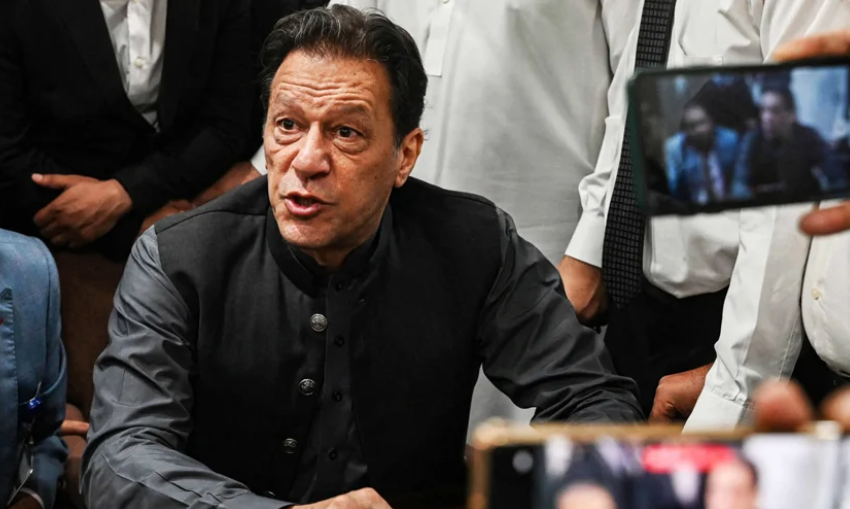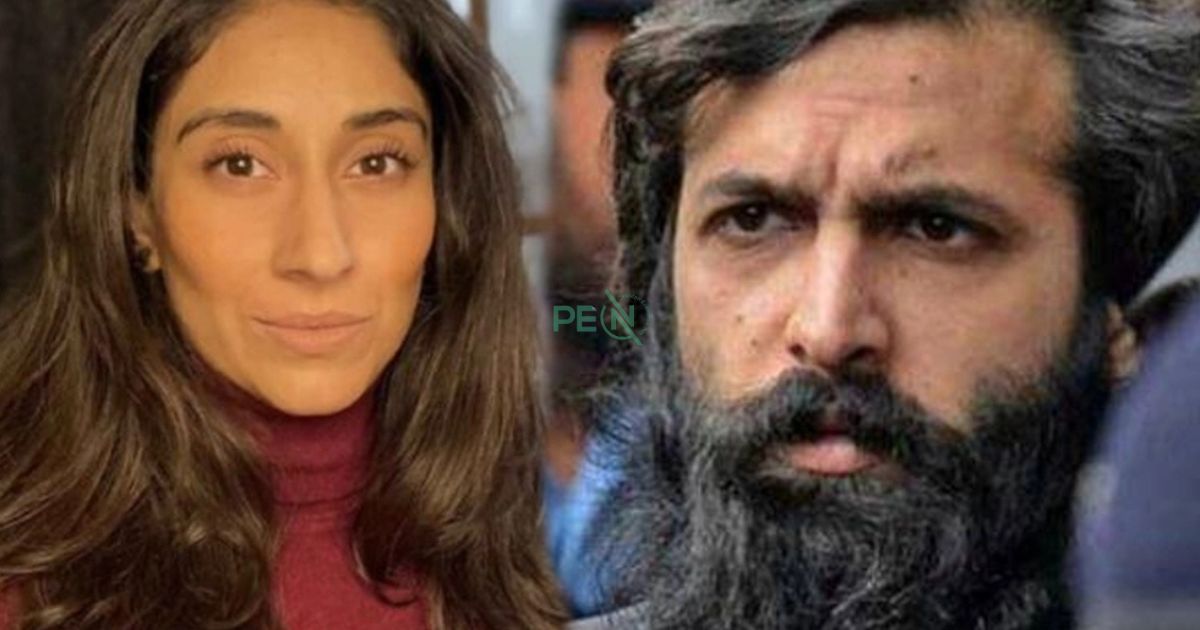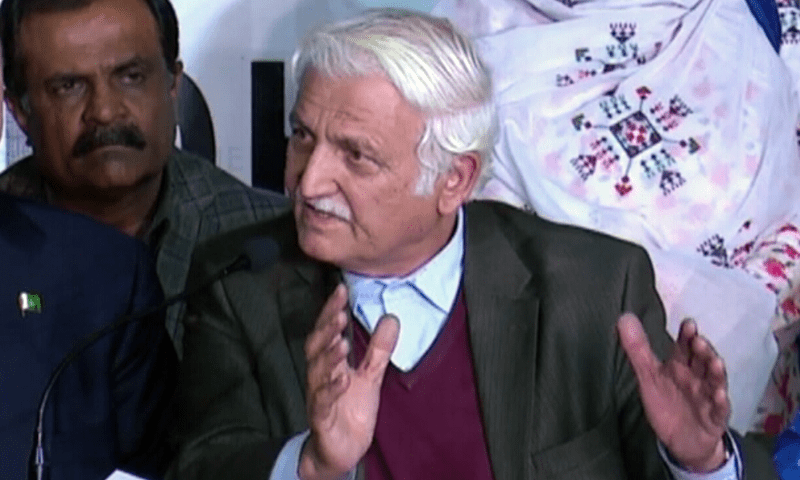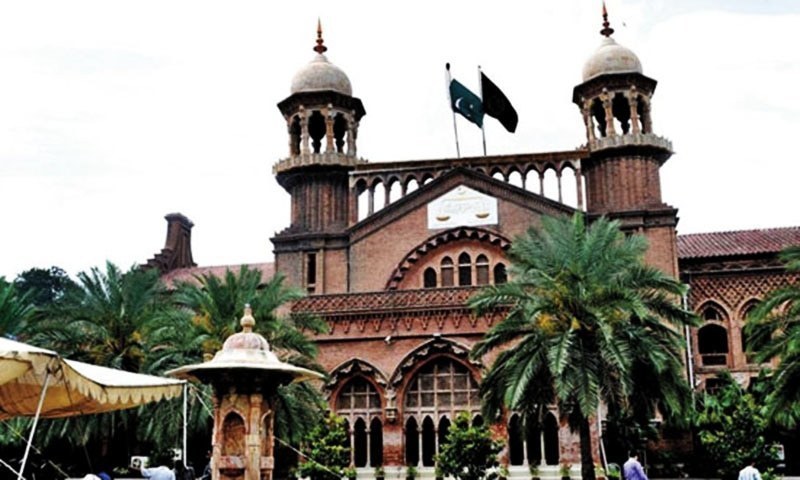LEGAL
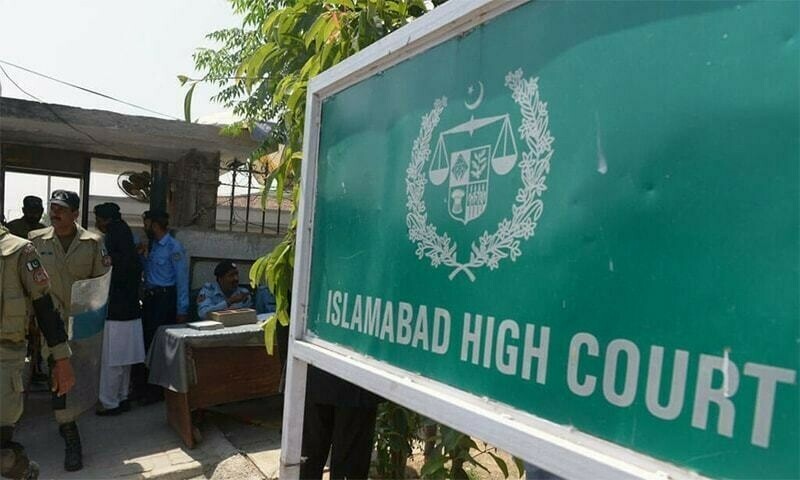
The Islamabad High Court (IHC) has admitted a petition for regular hearing filed by six Pakistan Bar Council (PBC) members challenging the federal government’s decision to empower the Inter-Services Intelligence (ISI) to intercept calls and messages.
The petitioners, Shafqat Mehmood Chauhan, Abid Shahid Zuberi, Chaudhry Ishtiaq Ahmed Khan, Munir Ahmed Kakar, Tahir Fraz Abbasi, and Abid Saqi, argue that the notification dated July 8, 2024, is ultra vires the Constitution and the Pakistan Telecommunication (Re-Organisation) Act, 1996. They contend that wiretapping or intercepting calls can only be made after due process as prescribed under the Fair Trial Act, 2013.
Legal Concerns: Advocate Zuberi highlighted that rules for interception under the Telecom Act of 1996 have not been framed, despite the federal government’s admission. He referenced a similar situation in 1998, leading to the Supreme Court’s judgment in the case of Benazir Bhutto vs. the President of Pakistan.
The IHC has sought a report from the respondent authorities and adjourned the hearing to a date yet to be fixed by the registrar’s office.
Background: The federal government authorized the ISI to intercept calls and messages through a statutory regulatory order (SRO) issued on July 8, citing national security concerns. Section 54 of the Act, which deals with national security, allows the federal government to authorize interception for national security or apprehension of any offense.
The petitioners argue that this move violates citizens’ privacy and is ultra vires the Constitution. Justice Babar Sattar of the IHC, while hearing the audio leaks case, framed questions regarding the executive's power to record or monitor telecommunications between private citizens. In response, the federal government empowered the ISI to intercept calls and messages, aiming to legalize the surveillance.
LHC Developments: A similar petition was filed before the Lahore High Court (LHC) by retired major Ghulam Sarwar, an MPA from Jhang, arguing that the ISI’s call-tapping notification invades individual privacy. Justice Farooq Haider recommended a larger bench to hear the petition, noting important legal questions. The file has been sent to the LHC chief justice for bench constitution.
Legal Arguments: The petitioners argue that unbridled power and discretion are unconstitutional. They claim the interception of calls in an unstructured manner violates freedom of expression and speech, arguing that anything arbitrary or excessive falls outside the bounds of reason. They urge the LHC to set aside the notification and order the federal government to formulate rules for exercising powers under Section 54 of the Telecom Act.
